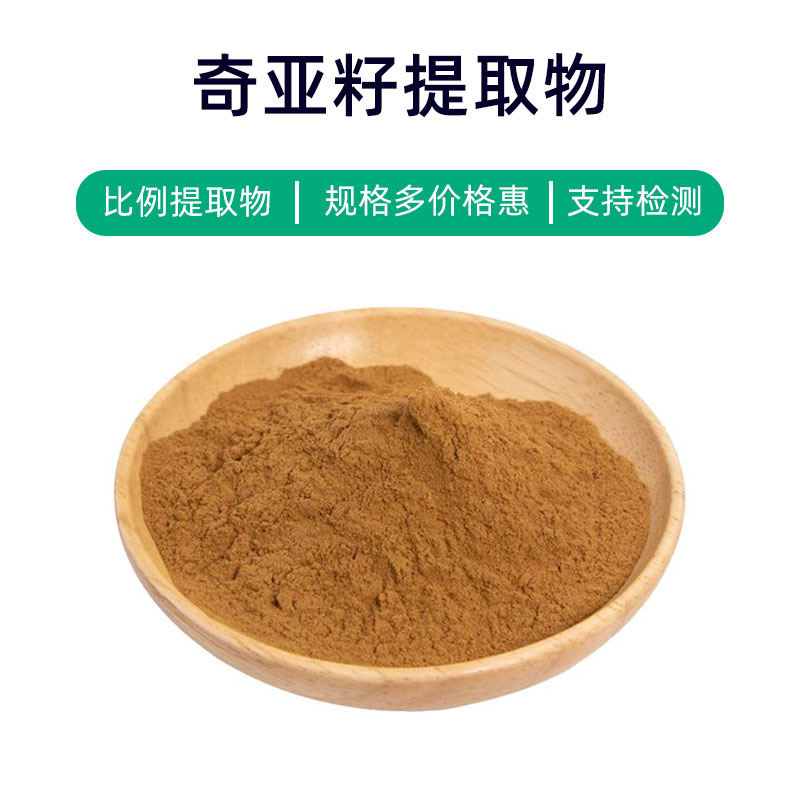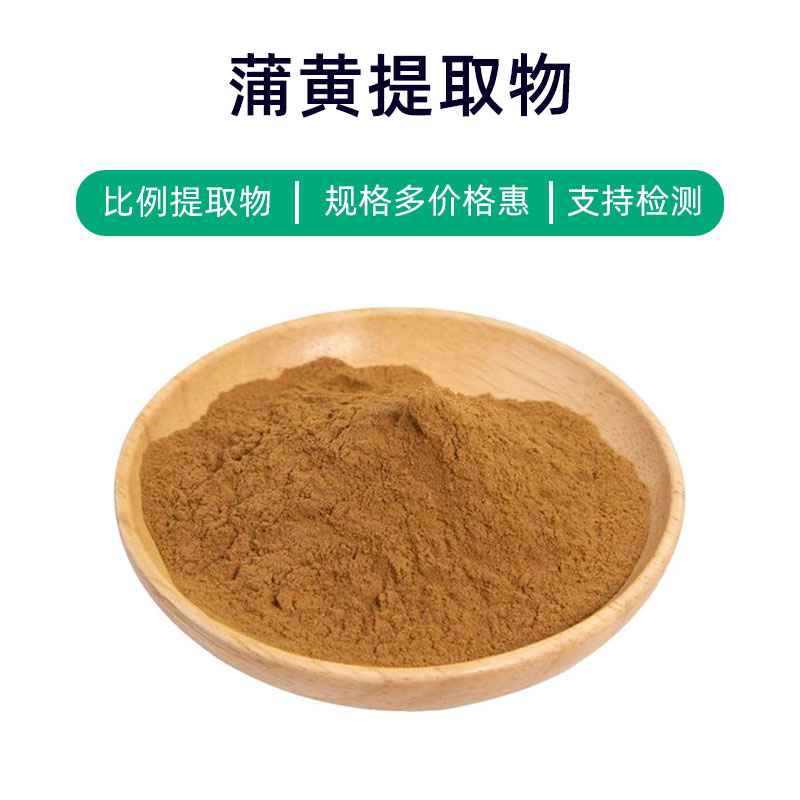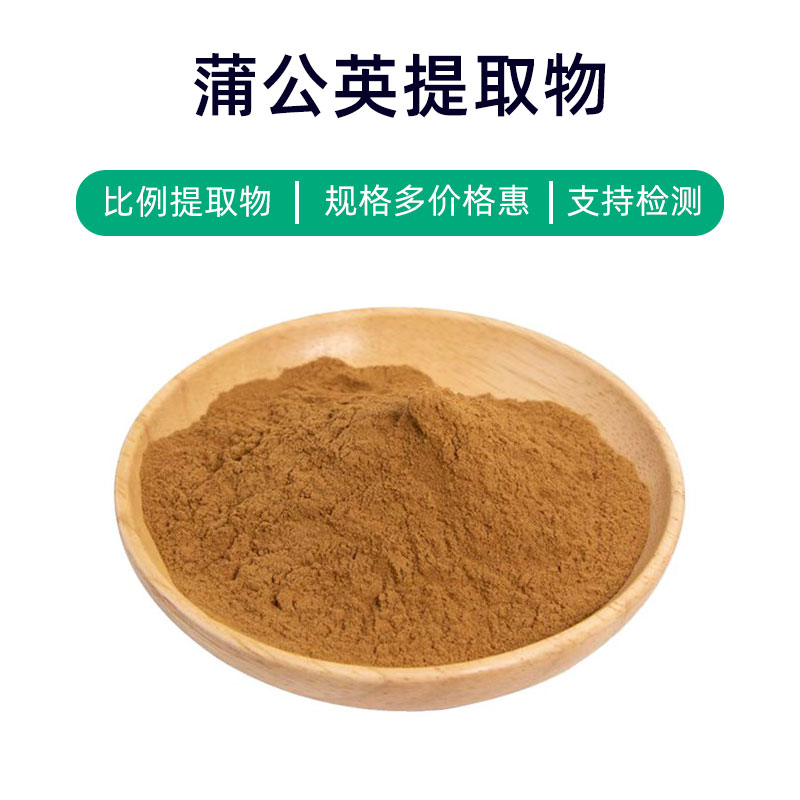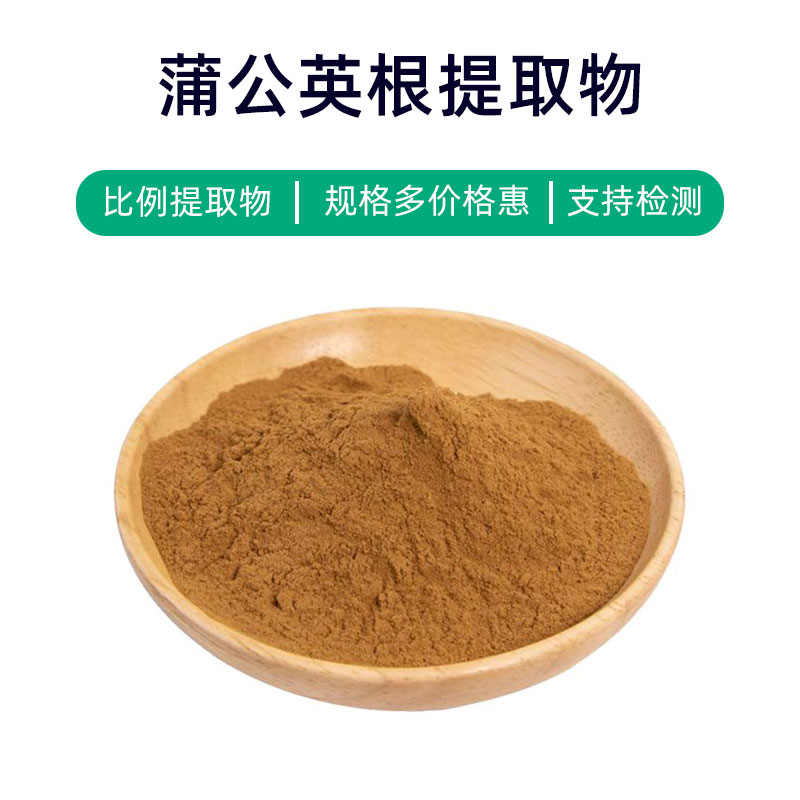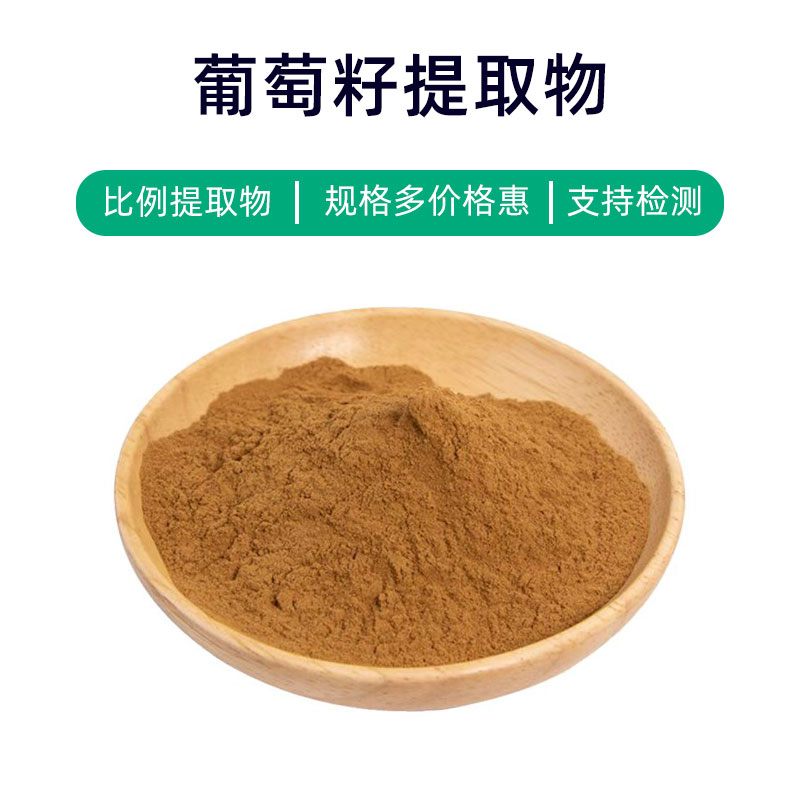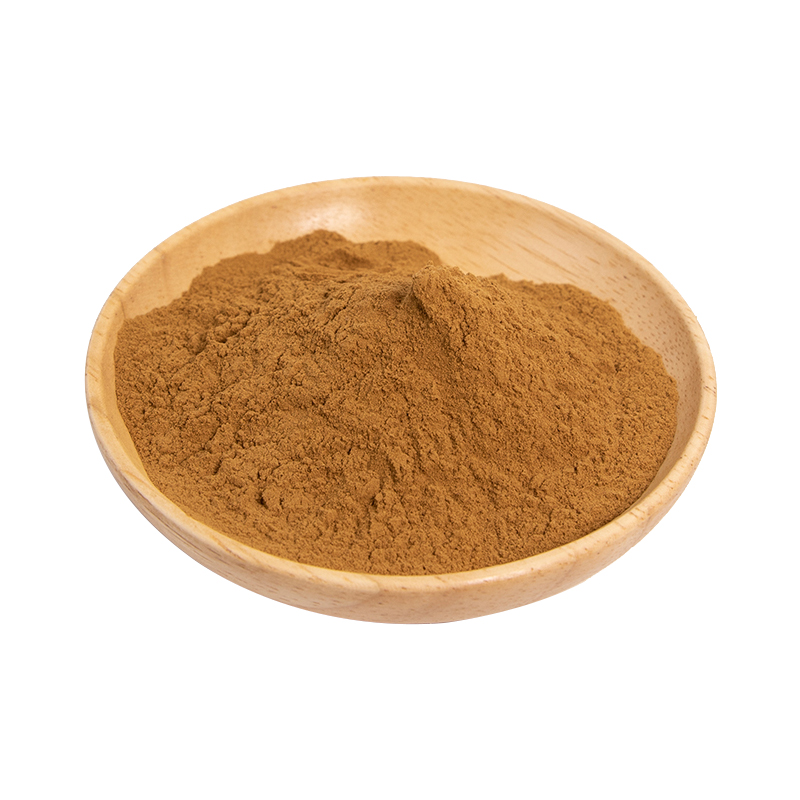Jujube Extract Product Introduction
Jujube extract is a natural plant extract derived from jujube fruits, primarily composed of polysaccharides, flavonoids, organic acids, and vitamins. These components endow jujube extract with various benefits and broad applications.
Firstly, jujube extract is widely used in the pharmaceutical field. Its polysaccharide and flavonoid components offer antioxidant, anti-inflammatory, and immune-regulating effects, helping to improve immune function, enhance stamina, and slow down aging. Therefore, it is often used in traditional Chinese medicine for conditions like improving digestion and nourishing blood.
Secondly, in the health supplement industry, jujube extract is commonly made into dietary supplements or nutritional products to promote health and boost immunity. Its natural nutrients can nourish the body, improve physical condition, and help prevent diseases.
Additionally, jujube extract is extensively used in the food industry. It can serve as a natural food additive for flavoring and enhancing nutritional value. For instance, it can be used to make jujube-flavored pastries, beverages, and health foods.
In the cosmetics field, jujube extract also has significant application value. Its antioxidant and moisturizing properties make it an important ingredient in skincare products, helping to improve skin condition and maintain skin health and youthfulness.
In summary, jujube extract, as a natural plant extract, has multiple benefits and finds wide applications in pharmaceuticals, health supplements, food, and cosmetics.
Jujube Extract Production Process
The production process of jujube extract mainly includes the following steps:
- Raw Material Preparation: Select fresh jujube fruits as the raw material for extraction, ensuring proper ripeness and high quality.
- Cleaning: Wash the harvested jujube fruits to remove surface impurities, ensuring cleanliness and safety.
- Crushing: Cut or grind the cleaned jujube fruits into suitable particle sizes to enhance extraction efficiency and increase contact area.
- Soaking Extraction: Use suitable solvents (such as water or ethanol) to soak the crushed jujube fruits, allowing the effective components to dissolve into the solvent.
- Filtration and Separation: Use filtration equipment to separate solids from the liquid extract, removing pulp and other solid impurities to obtain a clear extract.
- Concentration: Use concentration equipment to evaporate the solvent from the extract, yielding concentrated jujube extract.
- Refinement: Refine the concentrated jujube extract by removing pigments and foreign substances to enhance purity and quality.
- Drying and Powdering: Dry the refined jujube extract to achieve the desired moisture content, then grind it into a powder form.
- Packaging and Storage: Package the obtained jujube extract using appropriate materials, sealing it to protect against moisture, light, and oxidation, maintaining stability and quality.
- Quality Inspection: Conduct quality inspections on the packaged jujube extract to test ingredient content, microbial levels, etc., ensuring compliance with relevant standards before acceptance for storage.
Through these production steps, high-quality jujube extract can be produced, preserving the effective components of jujube fruits while ensuring product safety and stability.
Benefits and Side Effects of Jujube Extract
As a natural plant extract, jujube extract has various benefits and effects in the fields of medicine, health supplements, and food, including:
- Antioxidant Effects: Jujube extract is rich in active ingredients, such as polyphenols and vitamin C, which exhibit significant antioxidant properties, can eliminate free radicals, slow down cellular aging, and protect cells from oxidative damage.
- Blood Sugar Regulation: Research indicates that polysaccharide components in jujube extract can help lower blood sugar by promoting insulin secretion and enhancing glucose utilization by cells, providing supportive treatment for diabetes.
- Immune Boosting: Jujube extract contains abundant polysaccharides, vitamins, and minerals, which help enhance immunity and resistance against colds and infections.
- Liver Protection: The flavonoids in jujube extract have protective effects on the liver, alleviating liver burden and promoting liver cell regeneration, which can help prevent and improve conditions like fatty liver and hepatitis.
- Sleep Regulation: Bioactive substances in jujube extract can help regulate nervous system function, improve sleep quality, alleviate insomnia, and reduce anxiety.
- Digestion Promotion: Fiber and pectin in jujube extract aid in promoting intestinal peristalsis, increasing bowel movements, alleviating constipation, and maintaining gut health.
- Beauty and Skin Health: Jujube extract is rich in vitamin C and polyphenols, which provide anti-aging, skin-whitening, and spot-removing effects, making it suitable for beauty and skincare products.
- Blood Pressure Regulation: Natural bioactive components in jujube extract can help dilate blood vessels and lower blood pressure, aiding in the prevention and improvement of hypertension and cardiovascular diseases.
While jujube extract has many benefits, there may also be some side effects associated with its use, such as digestive discomfort or diarrhea from excessive consumption; allergic reactions may occur in sensitive individuals. Therefore, it is advisable to follow medical advice or product instructions and avoid excessive use or interactions with other medications.
Applications and Dosage of Jujube Extract
Jujube extract, as a natural plant extract, is rich in nutrients and has various benefits, being widely used in the fields of medicine, food, and cosmetics.
Medical Applications:
- Nourishing Medicines: Jujube extract is commonly used in the production of nourishing medicines, such as jujube syrup and jujube granules, for balancing digestion and replenishing qi and blood.
- Traditional Chinese Medicine Formulas: Jujube extract is a key ingredient in many traditional Chinese medicine formulas, like Siwu Decoction and Bachen Decoction, for nourishing qi and blood and supporting liver and kidney health.
- Health Supplements: Jujube extract is often formulated into health supplements in capsule or tablet form to improve physical condition and boost immunity.
Food Applications:
- Functional Foods: Jujube extract is used in making functional foods like jujube beverages and pastries for health benefits and to enhance constitution.
- Flavoring Agents: Jujube extract can be incorporated into flavoring agents, enhancing sweetness and nutritional value, such as jujube powder or jujube paste.
Cosmetic Applications:
- Skincare Products: Jujube extract’s polyphenols possess strong antioxidant capabilities and are commonly used in skincare products like masks and lotions, helping to combat aging and provide moisture.
- Haircare Products: Jujube extract can be added to shampoos and conditioners to nourish hair and enhance its shine.
Dosage:
- Medical Usage: Generally, the recommended dosage of jujube extract for medicinal purposes is 15-30 grams per day, adjustable based on a doctor’s advice and individual circumstances.
- Food Usage: In food applications, the usage amount is typically specified in the product formula and should not be consumed excessively to avoid health risks.
- Cosmetic Usage: In cosmetics, the amount of jujube extract is precisely proportioned, and it should be applied according to product instructions, typically using an appropriate amount on the skin and massaging until absorbed.
In conclusion, jujube extract has broad application prospects in medicine, food, and cosmetics, but care should be taken to use it in moderation and avoid excessive consumption.
Jujube Plant Information: Source, Distribution, and Growth Environment
Jujube (scientific name: Ziziphus jujuba Mill.), also known as red dates or sour dates, is one of the common fruit trees, belonging to the Rhamnaceae family and Ziziphus genus, making it an important economic tree species. Here is some information about the jujube plant from which jujube extract is derived, including its origin, distribution, and growth environment:
Plant Overview:
Jujube is a deciduous tree that can grow 5-10 meters tall, with a rounded or flat-topped crown, gray-brown bark with vertical cracks, and often has thorns on the trunk. The leaves are oval or elliptical, smooth on both sides with serrated edges. The flowers are small, yellowish-green, blooming in April and May. The fruits are drupes that turn red or dark brown when ripe, containing 1-2 seeds inside.
Distribution:
Jujube is native to China and widely distributed, mainly found in the Yellow River Basin, Yangtze River Basin, and southern China. Outside of China, jujube is also found in Korea, Japan, Mongolia, Vietnam, and other areas. In China, it is an important economic tree species with significant areas of cultivation concentrated in provinces like Shandong, Henan, Hebei, Shaanxi, and Shanxi.
Growth Environment:
Jujube prefers a warm and humid climate, with high light requirements and a preference for ample sunlight. It adapts well to a variety of soils but prefers deep, fertile, well-drained sandy loam or loamy soils. Jujube is drought-resistant and also relatively cold-tolerant, showing strong adaptability. Generally, jujube has higher requirements for its growth environment, particularly regarding soil and light conditions.
During jujube cultivation, attention should be paid to irrigation, fertilization, and pest control to ensure the growth of the jujube trees and the quality of the fruits. Jujube fruits are an important edible and medicinal plant. Besides being eaten fresh, they can be processed into various products, such as candied fruits, dried fruits, and drinks, possessing rich nutritional and medicinal value.
Processing and Storage of Jujube Extract
The processing of jujube extract mainly involves the following steps: First, fresh jujubes are washed and pitted; next, the pitted jujubes are crushed or chopped to facilitate the extraction of active components; then, appropriate solvents (such as water or ethanol) are used for extraction; after extraction, the process includes filtration, concentration, and drying to yield the extract; finally, the extract undergoes quality inspection before being packaged and stored.
In terms of storage, jujube extract should be kept in a cool, dry, and well-ventilated environment, avoiding direct sunlight and high temperatures. The packaging should consist of well-sealed containers, minimizing exposure to air to prevent oxidation and moisture damage. Additionally, the stored extract should be regularly checked to ensure stable product quality.
Monica Sun is a seasoned expert in the plant extraction industry with over a decade of experience in research and production. She specializes in the extraction and purification of plant active ingredients, focusing on driving innovation in natural product applications. Monica has participated in the development of multiple functional plant extracts, delivering high-value natural raw material solutions for the health food, pharmaceutical, and dietary supplement sectors.









